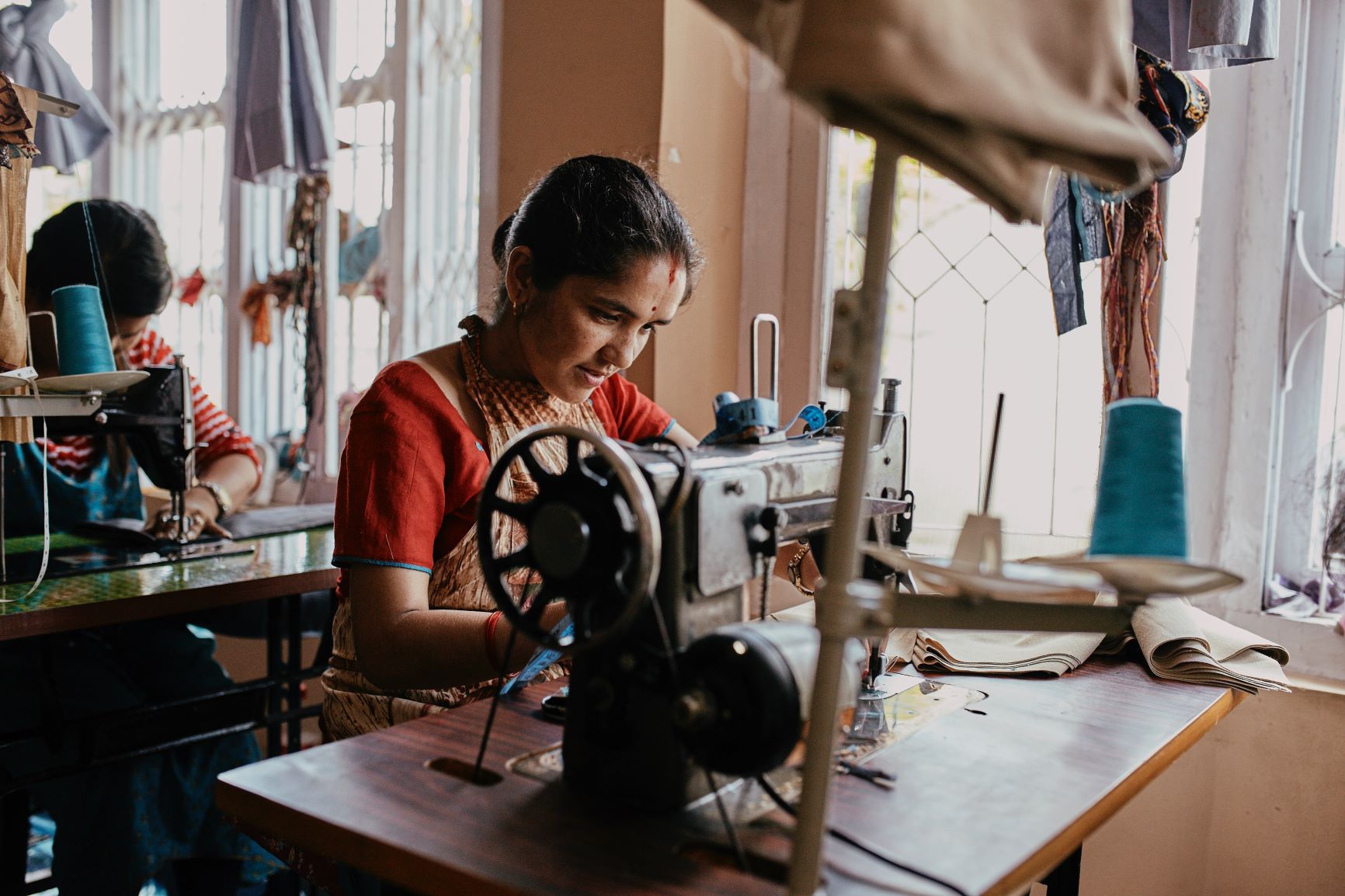
26 Aug Fast Fashion Factory Roles in Crisis
It’s no secret that the public loves fast fashion. A £4 dress will be flying off the internet’s metaphorical shelves quicker than you can say ‘Topshop’. But when we stop to think about the worrying incurred costs from this addictive trend, the reality is ugly.
The Ugly Truth
Typically, the fast fashion business is structured on paying factory workers exceptionally low wages. Whilst there is no proof that factory’s such as Boohoo and Missguided’s factories are paying illegal wages, it’s known that many garment workers are paid an average of £3 an hour. As well as the low pay, women working in garment factories are often forced to endure harassment. According to a report from War on Want’s Stiched Up, three quarters of female workers involved in the report had been verbally abused whilst on the job, and half had been physically abused. Gisela Burckhardt, Director of FEMENET, an organisation that advocates women’s rights in Asia, said:
“Working conditions in the textile industry are very bad. We have discrimination against women, especially in India and Bangladesh. Women are sexually harassed and the payment is very, very low. Even though in Bangladesh the minimum wage increased from about 60 euros to 85 euros (per month) in December, it is not a sufficient living wage and women need to work overtime to survive.”
Additionally, fashion designer Phoebe English notes that people are exploited and damaged at every single phase of the fashion chain.
Conditions Not Exclusive to UK
The US’s garment industry is estimated to be worth around $2.4 trillion. The garment trade employs millions of workers around the world. However, the industry regularly fails to follow the rules of basic labour rights. Maternity rights are frequently denied, and workers are often forced to work overtime. In some circumstances, workers can expect to be harassed at work, whilst their employers turn a blind eye.
The Power is in the Brand’s Hands
Associate Professor in work and employment at Leicester University, Prof Nikolaus Hammer, said the brand have control over manufacturers. According to Prof Hammer, the brand make manufacturers aware of the employee willing to work for the cheapest wage, and the manufacturer will hire them.
Looking to a More Ethical Future
To improve the conditions of workers within the garment industry, actions should be taken by brands to prevent the abuse of human rights. Companies should look to disclose the factories that are producing for them, as well as information about their supply chains. This transparency is the way forward to a more ethical fashion industry.
So what can you do to do your part in making the business more ethical? Sites such as www.byrotation.com offer alternative ways to express your style without increasing your clothing footprint. Additionally, ensure you purchase good quality clothing that you will wear for an average of at least 30 times before discarding. Reuse clothes and donate unwanted items!
Like our Facebook page here
More news here

No Comments